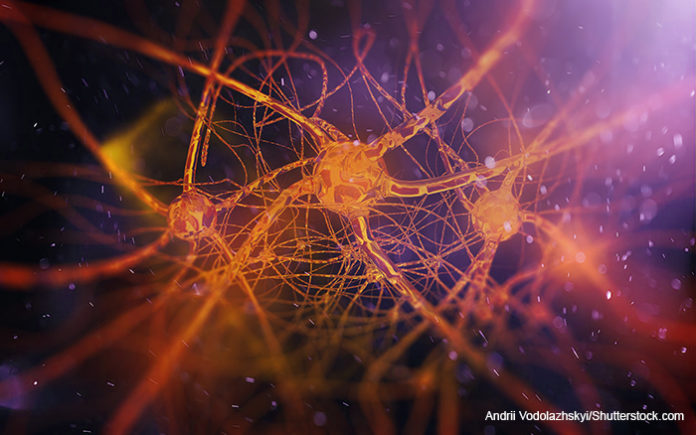New research published in Frontiers in Neurology “reports for the first time a pathway that begins in the gut and ends with a potent pro-inflammatory toxin in brain cells contributing to the development of Alzheimer’s disease (AD).” Dr. Walter J. Lukiw, one of the research leads, explains a potential, simple solution. He explains that “dietary-based approaches to balance the microorganisms in the microbiome may be an attractive means to modify the abundance, speciation, and complexity of enterotoxigenic forms of AD-relevant microbes and their potential for the pathological discharge of highly neurotoxic microbial-derived secretions.” These findings could lead to new diagnostic and therapeutic strategies for Alzheimer’s disease which is the 6th leading cause of death in the US.
Gut Disorders Seen to Lead to Alzheimer’s Disease

Join the AGEIST movement!
Sign-up for our weekly magazine.
See medical disclaimer below.
The ideas expressed here are solely the opinions of the author and are not researched or verified by AGEIST LLC, or anyone associated with AGEIST LLC. This material should not be construed as medical advice or recommendation, it is for informational use only. We encourage all readers to discuss with your qualified practitioners the relevance of the application of any of these ideas to your life. The recommendations contained herein are not intended to diagnose, treat, cure or prevent any disease. You should always consult your physician or other qualified health provider before starting any new treatment or stopping any treatment that has been prescribed for you by your physician or other qualified health provider. Please call your doctor or 911 immediately if you think you may have a medical or psychiatric emergency.
